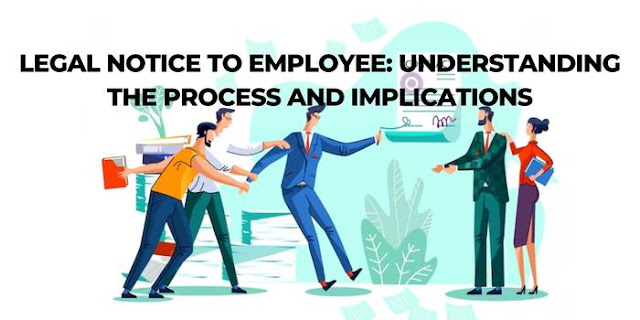What Is A Non Disclosure Agreement?
In today's fast-paced and competitive business environment, safeguarding sensitive information is of paramount importance. To protect confidential data and maintain a competitive edge, many businesses turn to legal instruments such as Non-Disclosure Agreements (NDAs). In this blog, we'll delve into the concept of NDAs, exploring what they are, why they are used, and how they function to keep sensitive information secure.
Understanding Non-Disclosure Agreements
A Non-Disclosure Agreement, often referred to as an NDA or confidentiality agreement, is a legally binding contract between two or more parties. This agreement establishes the terms and conditions under which one party (the disclosing party) shares sensitive or confidential information with another party (the receiving party) while ensuring that the receiving party does not disclose or misuse the confidential information.
Why are NDAs Used?
NDAs are used in a wide range of circumstances and industries, and their primary purposes are as follows:
Protecting Intellectual Property: Businesses often rely on NDAs to safeguard their proprietary technology, trade secrets, and innovations. By having employees, contractors, or partners sign NDAs, they can prevent the unauthorized disclosure or use of these assets.
Maintaining Competitive Advantage: When companies engage in discussions with potential partners, investors, or even competitors, they may need to share confidential business strategies or financial information. An NDA helps maintain a competitive edge by ensuring that sensitive data remains confidential.
Preserving Confidential Relationships: NDAs are commonly used in employment contracts to protect the company's sensitive information. This can include customer lists, marketing strategies, and other data that employees may come across during their tenure.
Securing Mergers and Acquisitions: During merger and acquisition negotiations, NDAs play a pivotal role in allowing due diligence by the acquiring party. They ensure that the sensitive financial and operational data of the target company is not disclosed to competitors or the public.
Facilitating Collaborations: Businesses may collaborate with third parties, such as vendors, suppliers, or research partners. NDAs help establish trust and protect confidential information shared during these collaborations.
Key Elements of an NDA
A well-drafted NDA typically includes the following key elements:
Definition of Confidential Information: The agreement should clearly define what constitutes confidential information. This could encompass various types of data, including trade secrets, customer lists, financial data, and more.
Obligations of the Receiving Party: The NDA specifies the responsibilities of the receiving party, including maintaining confidentiality, restricting access to the information, and not using the information for personal gain.
Permitted Disclosures: The NDA may outline specific situations where the receiving party is allowed to disclose the confidential information. This could include disclosures required by law or disclosures to authorized employees within the receiving party's organization.
Duration of Confidentiality: NDAs typically have a defined timeframe during which the information must remain confidential. This can vary from a few years to indefinitely, depending on the nature of the information.
Consequences of Breach: The agreement should outline the consequences or remedies in the event of a breach. These may include monetary damages, injunctive relief, or other legal actions.
Governing Law and Jurisdiction: The NDA specifies the applicable law and the jurisdiction where any legal disputes will be resolved.
Enforceability of NDAs
Non-Disclosure Agreements are legally enforceable documents, and they serve as a valuable tool for protecting sensitive information. However, their enforceability can depend on various factors, including the clarity of terms, the reasonableness of the restrictions, and local laws. Courts generally uphold NDAs that are reasonable in scope and duration and that adequately protect legitimate business interests.
Conclusion
Non-Disclosure Agreements are essential legal instruments for safeguarding confidential information in a variety of business contexts. They help businesses protect their intellectual property, maintain competitive advantages, and preserve confidential relationships. When properly drafted and executed, NDAs provide a strong legal foundation for maintaining the confidentiality of sensitive information in an ever-evolving and competitive business world.

.jpg)

